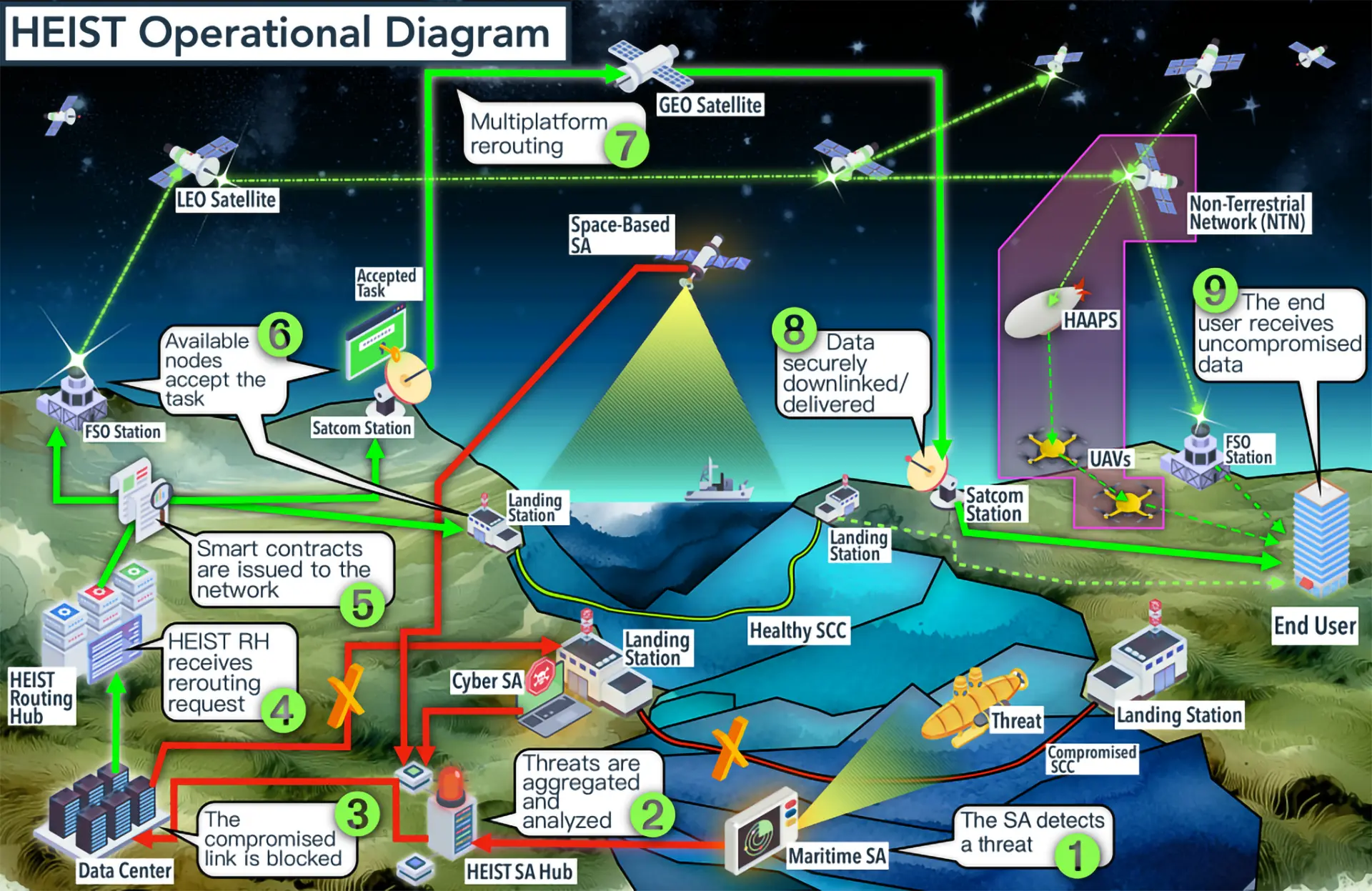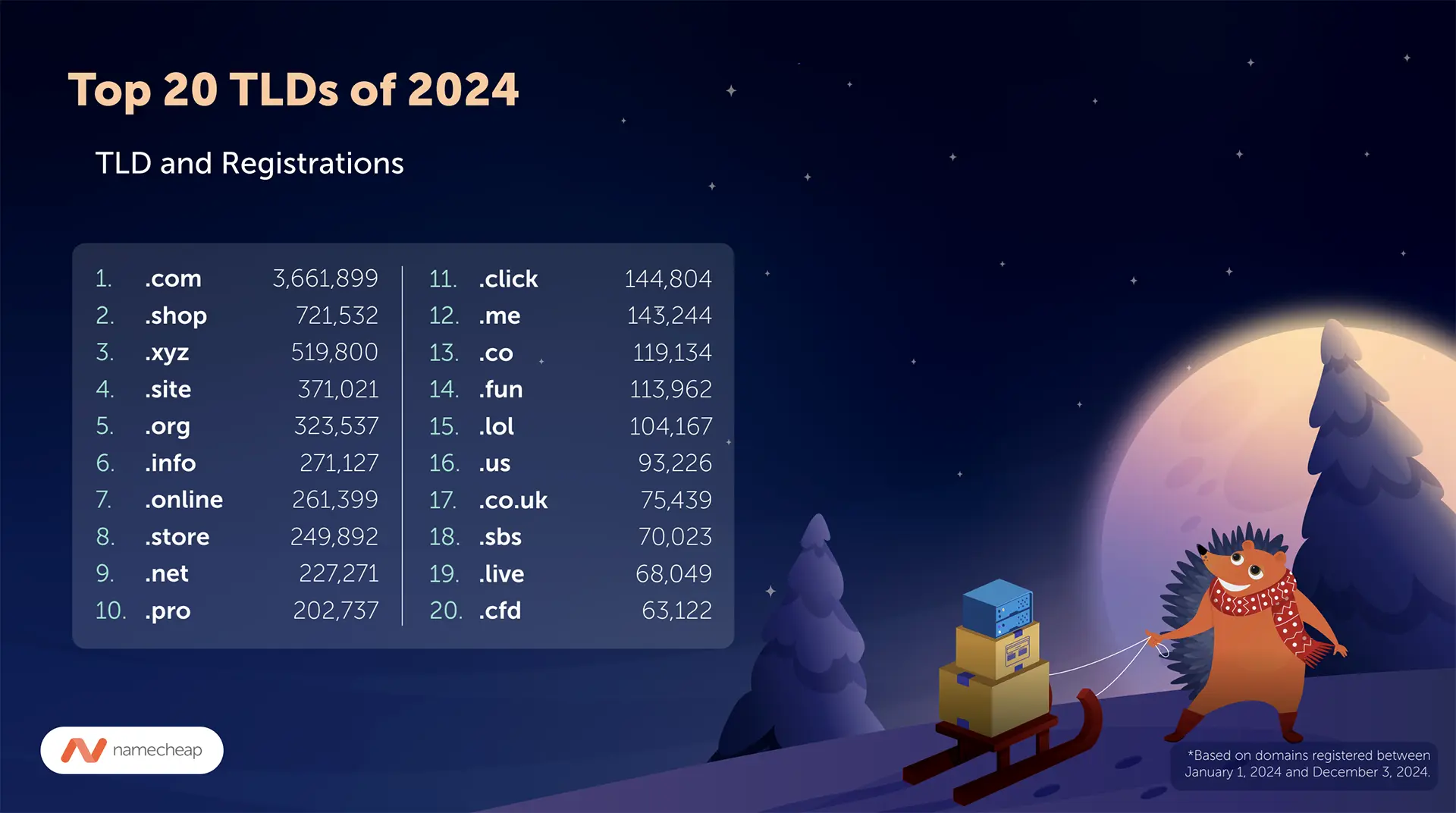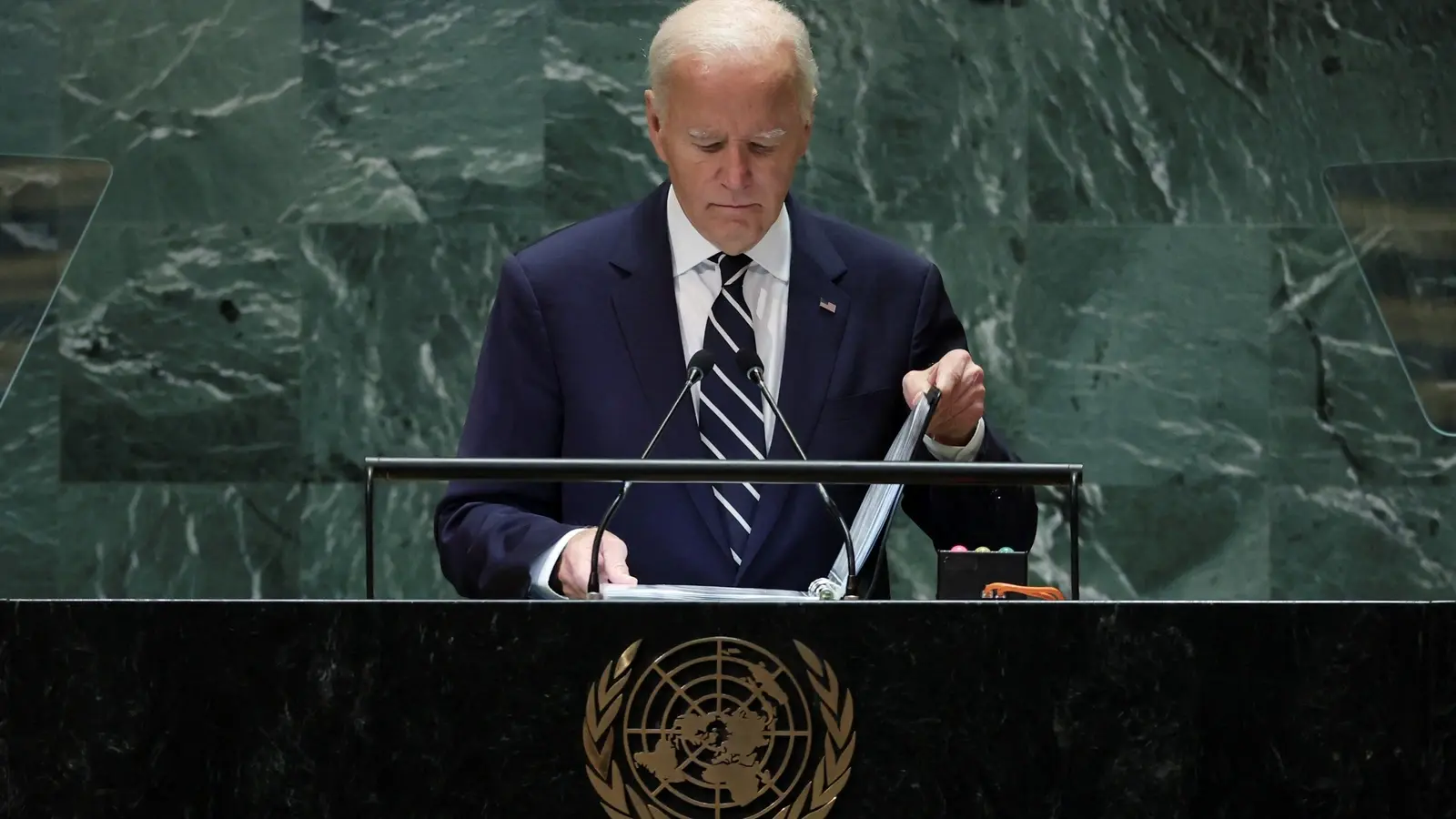

 At 4:04 am on February 26 Mykhailo Fedorov, Vice Prime Minister and Minister of Digital Transformation of Ukraine, requested Starlink service from Elon Musk, and at 2:45 pm on the 26th, Elon Musk tweeted "Starlink service is now active in Ukraine. More terminals en route." On February 28 at 12:29 pm, Fedorov posted a photo of a truckload of terminals. (Kyiv is 10 hours ahead of California) and an engineer, Oleg Kutkov, posted the first tweet from Ukraine.
At 4:04 am on February 26 Mykhailo Fedorov, Vice Prime Minister and Minister of Digital Transformation of Ukraine, requested Starlink service from Elon Musk, and at 2:45 pm on the 26th, Elon Musk tweeted "Starlink service is now active in Ukraine. More terminals en route." On February 28 at 12:29 pm, Fedorov posted a photo of a truckload of terminals. (Kyiv is 10 hours ahead of California) and an engineer, Oleg Kutkov, posted the first tweet from Ukraine.
 There was one unpleasant message from the 2025 Munich Security Conference (MSC), which will have probably far reaching consequences for the governance of the digital space: Cyberspace will be governed by the rules of geo-political conflicts. And it is a battlefield in the 21st century wars. Both in the "Bayerischer Hof" and in the "IHK Munich", where the 11th edition of the Munich Cybersecurity Conference (MCSC) took place, controversial debates circled around the question of how civilian and military use of digital services will interplay in the years to come.
There was one unpleasant message from the 2025 Munich Security Conference (MSC), which will have probably far reaching consequences for the governance of the digital space: Cyberspace will be governed by the rules of geo-political conflicts. And it is a battlefield in the 21st century wars. Both in the "Bayerischer Hof" and in the "IHK Munich", where the 11th edition of the Munich Cybersecurity Conference (MCSC) took place, controversial debates circled around the question of how civilian and military use of digital services will interplay in the years to come.
 Information and Communications (ICT) infrastructures rely on many globally shared critical resilience information resources for diverse essential functions such as identifiers, routing, and cyber security. However, this ICT ecosystem has rapidly become significantly less stable and collaborative with dramatically diminished respect for legal norms and values because of the new USA national Administration. The instability includes the vicarious, wholesale removal of essential public safety and scientific databases, as well as global collaboration with multiple global UN public safety bodies. One result is the scaling of Digital Sovereignty initiatives.
Information and Communications (ICT) infrastructures rely on many globally shared critical resilience information resources for diverse essential functions such as identifiers, routing, and cyber security. However, this ICT ecosystem has rapidly become significantly less stable and collaborative with dramatically diminished respect for legal norms and values because of the new USA national Administration. The instability includes the vicarious, wholesale removal of essential public safety and scientific databases, as well as global collaboration with multiple global UN public safety bodies. One result is the scaling of Digital Sovereignty initiatives.
 Between 2021 and 2023, the IPv4 market was a roller coaster ride - prices shot up in 2021, peaked in 2022, and plummeted in 2023. Those who expected a recovery in 2024 were sadly disappointed. Prices for IP addresses continued to decline, leveling out during the second half of the year. And yet, market activity remained remarkably unaffected - a sign, perhaps, that the market is settling into a new normal.
Between 2021 and 2023, the IPv4 market was a roller coaster ride - prices shot up in 2021, peaked in 2022, and plummeted in 2023. Those who expected a recovery in 2024 were sadly disappointed. Prices for IP addresses continued to decline, leveling out during the second half of the year. And yet, market activity remained remarkably unaffected - a sign, perhaps, that the market is settling into a new normal.
 As counterfeit networks grow more elusive, AI-driven clustering could revolutionize brand protection. By linking disparate findings, identifying serial infringers, and enabling bulk enforcement, AI offers a smarter approach to monitoring and takedown efforts. Yet, challenges remain - from data reliability to analyzing complex content. Companies that master AI-driven clustering may gain a significant advantage in the fight against brand abuse.
As counterfeit networks grow more elusive, AI-driven clustering could revolutionize brand protection. By linking disparate findings, identifying serial infringers, and enabling bulk enforcement, AI offers a smarter approach to monitoring and takedown efforts. Yet, challenges remain - from data reliability to analyzing complex content. Companies that master AI-driven clustering may gain a significant advantage in the fight against brand abuse.
 NVIDIA recently issued its third annual State of AI in Telecommunications report. The company manufactures many of the cards used in AI data centers, so the company is clearly focused on AI adoption. NVIDIA issues similar reports for other industries. The 2025 report is the result of a survey that NVIDIA administered to 450 telecom professionals across the globe.
NVIDIA recently issued its third annual State of AI in Telecommunications report. The company manufactures many of the cards used in AI data centers, so the company is clearly focused on AI adoption. NVIDIA issues similar reports for other industries. The 2025 report is the result of a survey that NVIDIA administered to 450 telecom professionals across the globe.
 In a contemporary era when the human rights, democracy, and the rule of law are under attack, Europe has asserted itself as the leading global digital steward for maintaining those values. However, doing so through its Digital Sovereignty initiatives is significantly dependent on the ability to produce timely technical standards that underpin the implementing legislation.
In a contemporary era when the human rights, democracy, and the rule of law are under attack, Europe has asserted itself as the leading global digital steward for maintaining those values. However, doing so through its Digital Sovereignty initiatives is significantly dependent on the ability to produce timely technical standards that underpin the implementing legislation.
Amid evolving privacy laws and rising cybersecurity threats, domain registration data disclosure remains a contentious issue. Beyond WHOIS: Filling the Gaps brings together experts to examine Project Jake's policy framework, aiming to balance privacy with legitimate access. Join industry leaders for insights on policy clarity, operational efficiency, and the future of domain name governance.
 The terms Digital Sovereignty or Souveraineté numérique have recently risen in prominence to describe the international rule of law as it applies to information and communication technologies. At a time when disinformation is proliferating and the rule of law, democracy, and human rights, together with long-standing relationships, are being cast aside, digital sovereignty is scaling in importance as a key defensive measure among many nations.
The terms Digital Sovereignty or Souveraineté numérique have recently risen in prominence to describe the international rule of law as it applies to information and communication technologies. At a time when disinformation is proliferating and the rule of law, democracy, and human rights, together with long-standing relationships, are being cast aside, digital sovereignty is scaling in importance as a key defensive measure among many nations.
 In a 2024 end-of-year memo, Gary Bolton of the Fiber Broadband Association said that FBA had partnered with the consulting firm Cartesian to look at the pros and cons of Starlink in the U.S. FBA says that report shows that Starlink currently has 1.4 million customers in the U.S., and with the current satellite constellation has the capacity to serve 1.7 million customers.
In a 2024 end-of-year memo, Gary Bolton of the Fiber Broadband Association said that FBA had partnered with the consulting firm Cartesian to look at the pros and cons of Starlink in the U.S. FBA says that report shows that Starlink currently has 1.4 million customers in the U.S., and with the current satellite constellation has the capacity to serve 1.7 million customers.
The global debate over Internet privacy and security took center stage in a webinar hosted by CircleID in partnership with the Edgemoor Research Institute. The event marked the first in a series exploring the delicate balance between safeguarding personal data and ensuring legitimate access to domain name registration details. As governments, cybersecurity experts, law enforcement, and intellectual property holders grapple with the evolving regulatory landscape, Project Jake seeks to establish a framework that prioritizes policy clarity, efficiency, and adaptability.
 Existing laws can address AI challenges without new regulations. Legal frameworks have adapted to past technologies, and AI should be no exception. The real issue lies in outdated legal immunities, like Section 230, shielding tech companies from AI-driven harms. Accountability should focus on those who create and benefit from AI, not AI itself.
Existing laws can address AI challenges without new regulations. Legal frameworks have adapted to past technologies, and AI should be no exception. The real issue lies in outdated legal immunities, like Section 230, shielding tech companies from AI-driven harms. Accountability should focus on those who create and benefit from AI, not AI itself.
 At the Internet Governance Forum (IGF) 2024 in Riyadh, the Internet Standards, Security and Safety Coalition (IS3C) released a new tool: 'To deploy or not to deploy, that's the question. How to convince your boss to deploy DNSSEC and RPKI'. In this report, IS3C advocates mass deployment of these two newer generation, security-related internet standards, as their deployment contributes significantly to the safety and security of all internet users.
At the Internet Governance Forum (IGF) 2024 in Riyadh, the Internet Standards, Security and Safety Coalition (IS3C) released a new tool: 'To deploy or not to deploy, that's the question. How to convince your boss to deploy DNSSEC and RPKI'. In this report, IS3C advocates mass deployment of these two newer generation, security-related internet standards, as their deployment contributes significantly to the safety and security of all internet users.
 On January 17th in the closing days of the Biden Administration, NTIA issued the following Response for Information in connection with the .us ccTLD. While responses to the RFI will be held in confidence by NTIA per the RFI, some organizations such as M3AAWG made their response public. In the spirit of openness and transparency, Rick Lane and I are sharing our response on this important topic.
On January 17th in the closing days of the Biden Administration, NTIA issued the following Response for Information in connection with the .us ccTLD. While responses to the RFI will be held in confidence by NTIA per the RFI, some organizations such as M3AAWG made their response public. In the spirit of openness and transparency, Rick Lane and I are sharing our response on this important topic.
 As we approach the WSIS+20 Review, the future of Internet governance is at a crossroads. In its January 29th submission, the Regional Commonwealth in the Field of Communications (RCC) - representing Russia, Armenia, Azerbaijan, Kyrgyzstan, Uzbekistan, Tajikistan, and Rostelecom - advocates for a state-led governance model that challenges the Western-led multistakeholder approach. The submission reflects an ongoing ideological divide between sovereignty and openness in digital governance.
As we approach the WSIS+20 Review, the future of Internet governance is at a crossroads. In its January 29th submission, the Regional Commonwealth in the Field of Communications (RCC) - representing Russia, Armenia, Azerbaijan, Kyrgyzstan, Uzbekistan, Tajikistan, and Rostelecom - advocates for a state-led governance model that challenges the Western-led multistakeholder approach. The submission reflects an ongoing ideological divide between sovereignty and openness in digital governance.
 Africa’s Digital Darkness: Internet Shutdowns Reach Record High
Africa’s Digital Darkness: Internet Shutdowns Reach Record High Massive Cyber Assault on X: Musk Hints at Foreign Involvement
Massive Cyber Assault on X: Musk Hints at Foreign Involvement Lack of Broadband Competition Leads to Higher Prices in Most U.S. Counties
Lack of Broadband Competition Leads to Higher Prices in Most U.S. Counties Meta’s Undersea Ambitions: A Cable to Power the AI Future
Meta’s Undersea Ambitions: A Cable to Power the AI Future India Launches ‘.bank.in’ and ‘.fin.in’ Domains to Deter Financial Fraud
India Launches ‘.bank.in’ and ‘.fin.in’ Domains to Deter Financial Fraud Baltic Sea Infrastructure Targeted Amid Rising Geopolitical Tensions
Baltic Sea Infrastructure Targeted Amid Rising Geopolitical Tensions NATO’s Orbital Lifeline: A Backup Plan for the Internet
NATO’s Orbital Lifeline: A Backup Plan for the Internet Europe Seeks Space Independence with €10.6bn Iris² Satellite Network
Europe Seeks Space Independence with €10.6bn Iris² Satellite Network Domain Trends Signal Shifting Tides in 2024
Domain Trends Signal Shifting Tides in 2024 Chinese Hackers Exploit U.S. Telecom Systems, Eviction Efforts Lag
Chinese Hackers Exploit U.S. Telecom Systems, Eviction Efforts Lag Meta’s $10 Billion Plan to Build the World’s Largest Subsea Cable Network
Meta’s $10 Billion Plan to Build the World’s Largest Subsea Cable Network Biden Administration to Back UN Cybercrime Treaty Amid Controversy
Biden Administration to Back UN Cybercrime Treaty Amid Controversy PIR Reaches 11 Million .ORG Domains, Citing Growth and Online Safety Efforts
PIR Reaches 11 Million .ORG Domains, Citing Growth and Online Safety Efforts Internet Visionaries Honored with Postel Service Award
Internet Visionaries Honored with Postel Service Award